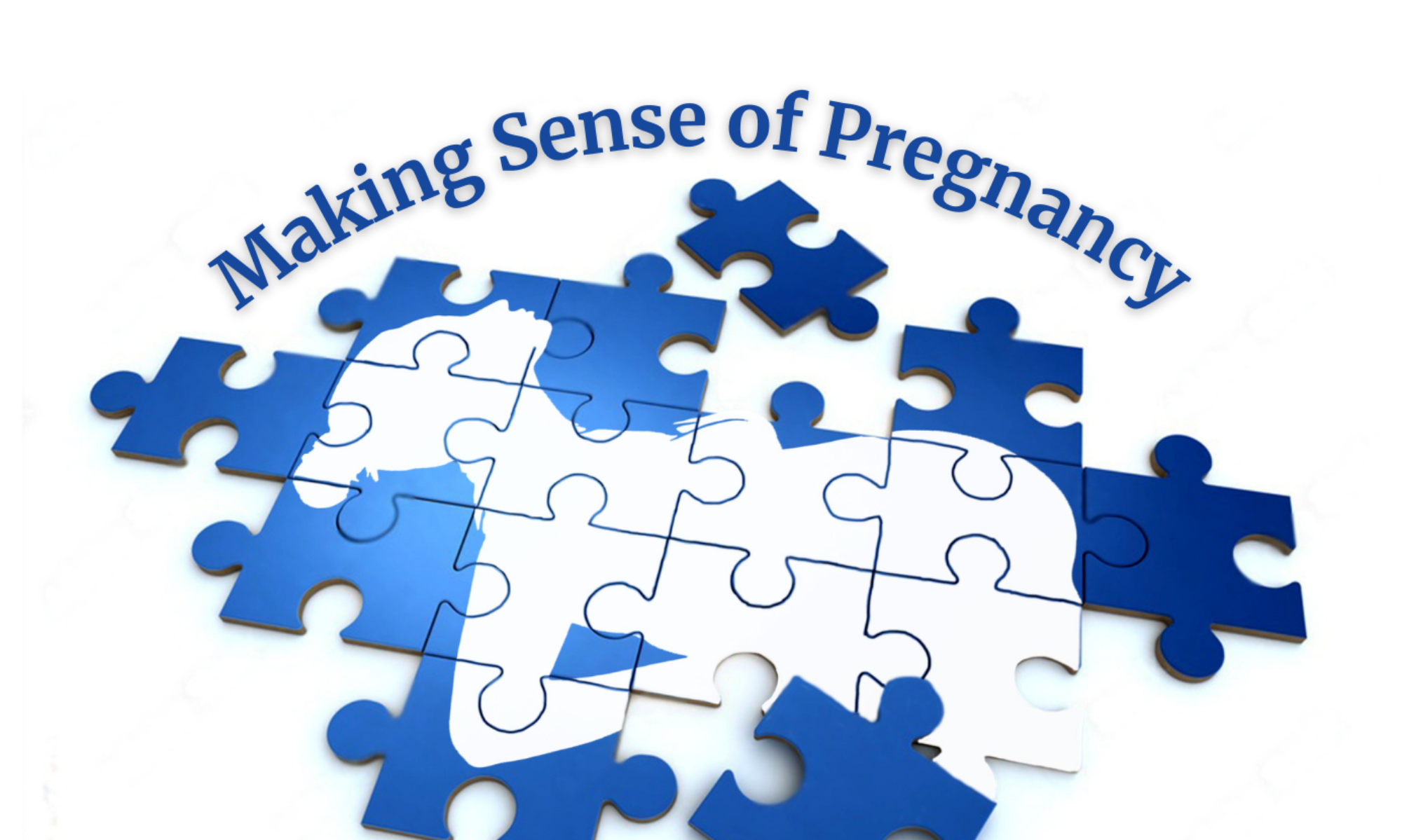I am both hopeful and moved, AND filled with disbelief after my conversation with today’s guest. He is an OB who has done an inordinate amount of work to make birth safer first for Californians, then for women across the country. And his work, which you’ll hear about and be able to use in your own pregnancy, is inspiring.
What I can’t get my head around is the state of maternity care he set out to change in 2006, some of which remains unmoved.
Does it make sense that you don’t really know the quality of care you’ll get at your birth because hospitals didn’t keep track of their health outcomes in a useable way?
Does it make sense that C section rates vary widely between hospitals?
No dear listener, it does not.
We talk about the importance of data being collected and quickly disseminated so that hospitals actually know the quality of their maternal care and can compare their care with the care neighboring, and what should be competing hospitals, do, and you, too, as the consumer, can get a better handle on what you are walking into when you pick a hospital in which to give birth.
To find out more about California Maternal Quality Care Collaborative, CMQCC: https://www.cmqcc.org/
Figure out if Your Hospital is a “Birthing Friendly” Hospital–to get this designation, hospitals and health systems have to report their progress on a maternal morbidity measure developed by the Center for Medicaid & Medicare services : https://data.cms.gov/provider-data/birthing-friendly-hospitals-and-health-systems
Compare Hospitals in Your Area
The Leapfrog Group: (rates hospitals in terms of C sections, high risk deliveries, and more): https://www.leapfroggroup.org/hospital-choice/choosing-right-hospital
Care Compare (feels like TripAdvisor for hospitals, based on patient surveys): https://www.medicare.gov/care-compare/?redirect=true&providerType=Hospital

